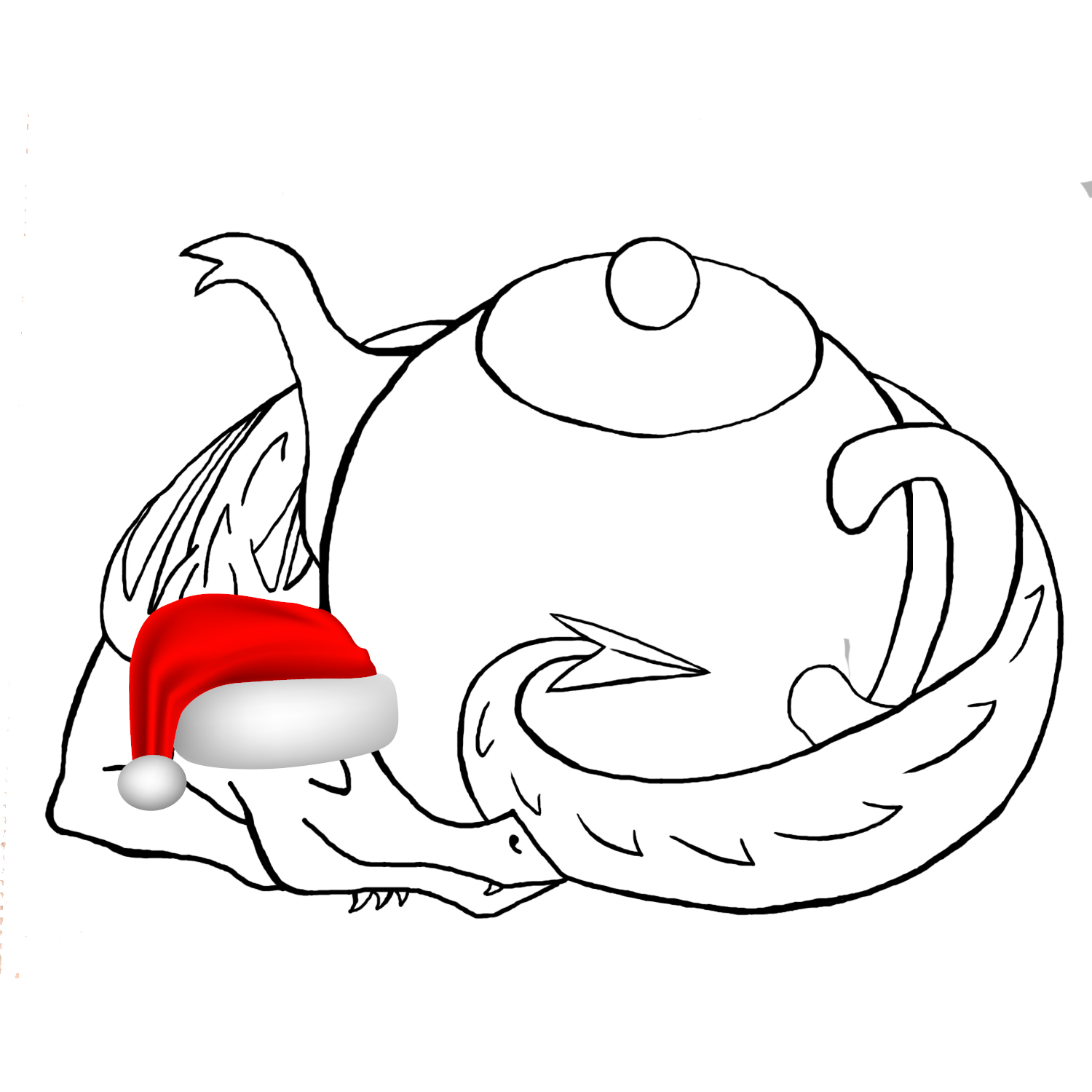An Introduction to Routine
When learning about the basics of the writing craft, there are a lot of subjects that come up: plotting; character development; world-building; finding and developing ideas; all the best apps; the best books and podcasts on the subject. . . Not so often do you find habit, discipline, or routine. I’ve spoken to a number of new writers and the one thing that keeps coming up is that it’s much more difficult than they expected.
It takes me back to high school photography. We had several people who had taken the class because it was going to be easy and they could just cruise. I mean, anyone with a camera can be a photographer, right? You could tell who these guys were because they crashed and burned right around the point at which we were learning the science of light, the mechanical inner workings of cameras, their evolution, and the history of photography. Fascinating stuff but the point is that there are those out there that have the same attitude to writing.
Anyone with internet access and a keyboard can start a blog. Anyone with a pencil and a bit of paper can write a story. How hard can it be to write a novel?
I can hear some of you shaking your heads at this.
The truth is that it is very hard to write a book and not anyone can do it, at least, not well. There must be millions of books and stories out there that have been started and abandoned. There must be thousands of people who thought they wanted to be writers but soon gave up. It might be my upbringing speaking, but I believe that with writing (as with anything you want to excel at) discipline is essential.
Consistency is key and routine will carry you through the days you aren’t feeling like it. It isn’t inspiration that finishes a book, but routine.
WHY DOES ROUTINE MATTER?
Humans beings are creatures of habit, it doesn’t take much observation to realise that. We can train our brains to do things by establishing routines. If you sit down to write at the same time every day or in the same place every time, your brain will begin to associate that time or place with writing.
Books take a lot of time and heart to create. There are guaranteed to be moments (these moments can last anything from a genuine moment to weeks or months at a time) when you hate your book and want to give up on it. You will get this with every book you write and if you give up every time you get to that point, you will be left with a graveyard of unfinished manuscripts.
Alongside this, there will be days where you want to write but you just don’t feel like it. The words aren’t coming and coherent sentences seem like some mythical creature beyond your ken. In these times, your routine will help you. The discipline of getting on with it, even if it’s absolute garbage, means that when your brain reboots, it has something to work with. Gubbins can be edited, a blank page cannot. By establishing a routine, you make sure that you are always producing something. It doesn’t matter whether you are taking one step forward or ten, so long as you are moving forwards.
HOW TO ESTABLISH A ROUTINE
One of the important things to know about yourself is when you work best. What time of day are you the most awake? There are writers who get up at five or six in the morning to write for a couple of hours before they go to work. Yay for them. Some of us are doing well to get as far as getting out of bed and staying upright before ten. There are some things that, no matter how much discipline and determination you have, are not going to work for you.
Personally, I am most awake in the evenings, which is convenient now that I work during the day. I often find that when I get home from work I want to sit down and write so that’s when I do it. That being said, I’ve also taught myself to use my lunch break for writing. I tend to do work on my blogs at lunchtime but use the evenings for what I think of as ‘actual writing’ (working on my WIP). This relates to the next thing you should consider.
The second thing to think about is how much time you need to write. Ideally, writers would love all day every day but that’s not how it is for most of us. What I mean is that you need to consider how long you take to settle and focus, followed by how long you can go for before you are no longer being productive. We all have different levels of concentration. For some, 15-30 minute bursts work well. For others of us, we can go for a couple of hours with only an annoying two minute break to put the kettle on. Fifteen minutes doesn’t bother me for writing a blog post because I don’t mind being interrupted, but when I’m working on my WIP, it annoys me to leave it in the middle of a chapter. Knowing how long you need and what time of day you are most productive will help you to choose a time when you should be writing.
The third thing to think about is where you write. For some people, like me, they can write just about anywhere but for others, they need a desk or an armchair, or some sort of space arranged in a particular way. Try different things and see what works for you.
Once you know when and where you work best, and for how long, the next step is simple but oh so very hard: consistency. Consistency is key. You need to be turning up and putting words on paper, no matter how you feel or how awkward those words look. Remember, you can’t edit an empty page.
The truth is that the majority of successful writing comes down to the discipline of routine, training yourself to work. No matter what area of interest you want to develop, this is essential. You cannot get better at something without working at it. Without a solid routine and the discipline to carry it through consistently, your writing won’t progress the way you hoped. Yes it’s hard work and effort. Yes it takes time and commitment. But yes, your labour will be worthwhile in the end.
It’s not true that anyone with a notebook and pen can be a writer. But it is true that someone with a notebook and a pen and the discipline of consistency has a pretty good chance of becoming one.
YOUR TURN
- Do you have a writing routine? What does it look like?
- What do you find hardest about keeping up a writing routine?







